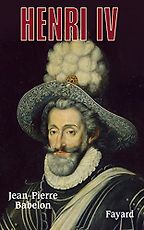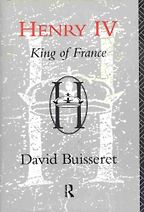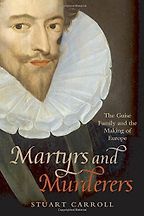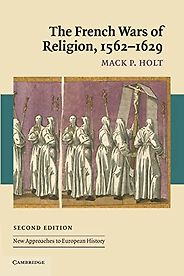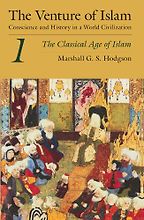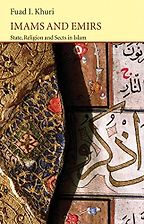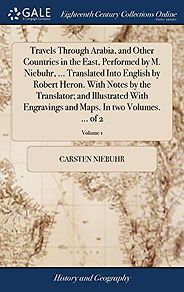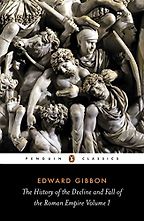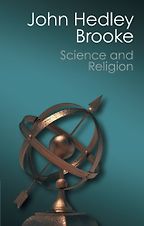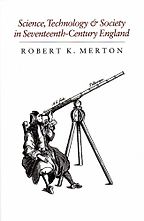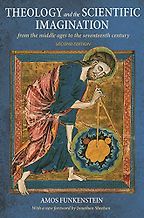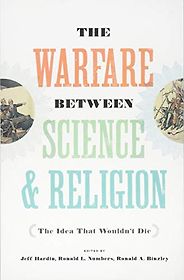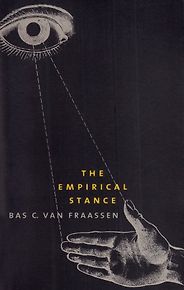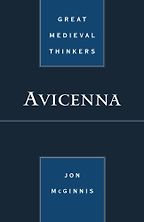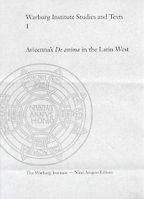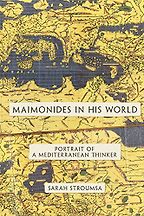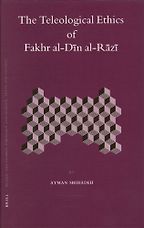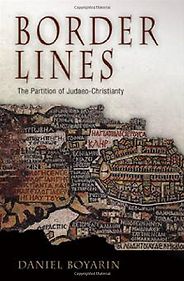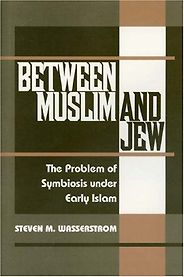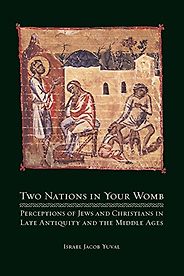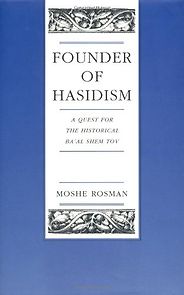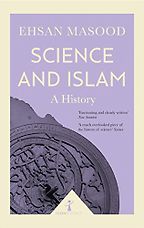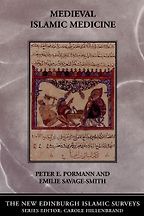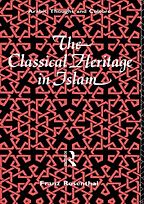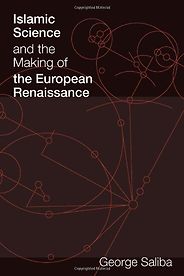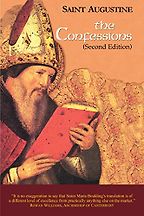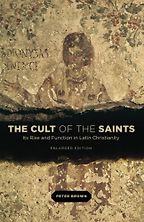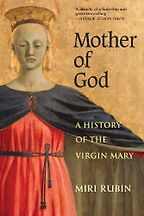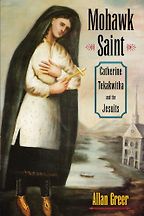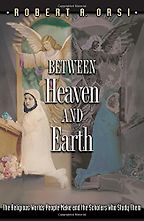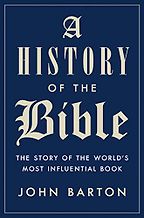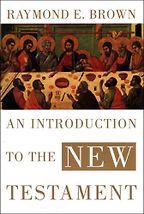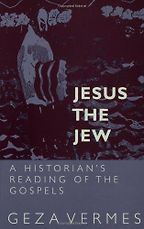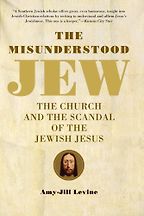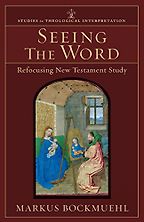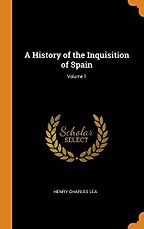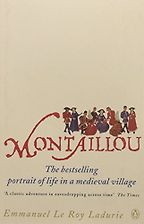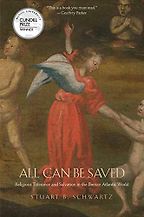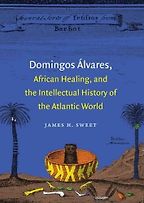Religious History Books
Last updated: July 25, 2024
Whether we welcome the fact or not, religion plays a huge role in the world. For some it is a private way of understanding the world and their place in it. For others, an off-the-shelf manual on how to run the world. For anyone, getting to grips with traditions you were not raised in can be difficult. Understanding the historical background by reading books is a good place to start with religious history.
The oldest religion in the world is probably Hinduism, and is often referred to by its adherents as ‘the eternal way’, since its origins are lost in the mists of time. Liz Derow talks about Hindu traditions in her interview on yoga and Ramachandra Guha touches on them in his interview on Gandhi.
We also have an extensive section of interviews and books on Buddhism.
Turning to the major monotheistic religions, starting at the beginning, we have Harvard professor Stephen Greenblatt recommending the best books on Adam and Eve. Following the central thread in the Adam and Eve story, Paula Fredriksen looks at sin. Oxford historian Diarmaid MacCulloch selects the best books on the history of Christianity. Fr Nicholas King SJ talks about the Christian Bible. Simon Yarrow discusses the idea of sanctity and recommends the best books on the lives of the saints. Peter Marshall looks at the Reformation and its impact on European society.
Elsewhere Malise Ruthven looks at Islamism and Amira Bennison at Science and Islam, while Peter Adamson looks at philosophy in the Islamic world.
Gershon Hundert chooses his best books on Jewish History. And the Jewish Bible in translation can be found here, as the TANAKH, an acronym of the three section into which the Hebrew Bible is traditionally divided, Torah (instruction) Nevi’im (Prophets) and Kethubim (writings).
Bringing the three Abrahamic faiths together, Simon Sebag-Montefiore selects the best books on Jerusalem. We also have an interview with Ian Johnson discussing the state of religion in modern China.
We also have an interview on Divine Women, where Bettany Hughes discusses everything from ancient goddesses to the existence of women priests in the early church.
If your interest is the vexed debate about the role of religion in contemporary society, Professor Peter Harrison takes on the history of science and religion and Professor Martin Marty looks at religion versus secularism in history.
More books on religious history can be found in our dedicated religion books section and the history of religious thought is touched on in various interviews in our recommended philosophy books.
The best books on Henri IV of France, recommended by Vincent Pitts
At a time of bitter division, Henri IV succeeded to the French throne and managed to bring the country together after decades of civil war. He converted to Catholicism but brought in toleration for Protestants with the Edict of Nantes. In 1610 he was assassinated by a religious fanatic with a carving knife. Historian Vincent Pitts, author of a great introduction to Henri IV, talks us through the life and times of one of France’s most impressive monarchs.
-

1
The Venture of Islam, Volume 1: The Classical Age of Islam
by Marshall Hodgson -

2
Imams and Emirs: State, Religion and Sects in Islam
by Fuad I. Khuri -

3
Book of Travels (Safarnāma)
by Nasir-i Khusraw -

4
Travels through Arabia and Other Countries in the East
by Carsten Niebuhr -

5
The Others
by Seba al-Herz
The best books on Sunnism and Shiism, recommended by Toby Matthiesen
The best books on Sunnism and Shiism, recommended by Toby Matthiesen
In a bid to get away from simplistic explanations of why sectarian identity in the Middle East can lead to conflict, Swiss political scientist Toby Matthiesen wrote The Caliph and the Imam: The Making of Sunnism and Shiism. Here he recommends other books that shed light on Sunni and Shia differences, including a racy novel set in Saudi Arabia.
The Best Books on the History of Christianity, recommended by Diarmaid MacCulloch
How can one get to grips with a subject as huge as the history of Christianity, a 2000 year-old religion with adherents in every corner of the globe? The popular and distinguished Oxford historian, Diarmaid MacCulloch, recommends books that will help you make a start.
-

1
The Warfare Between Science and Religion: The Idea That Wouldn't Die
Edited by Jeff Hardin, Ronald L Numbers, and Ronald A Binzley -

2
Science and Religion: Some Historical Perspectives
by John Hedley Brooke -

3
Science, Technology & Society in Seventeenth Century England
by Robert K Merton -

4
Theology and the Scientific Imagination
by Amos Funkenstein -

5
The Empirical Stance
by Bas van Fraassen
The best books on The History of Science and Religion, recommended by Peter Harrison
The best books on The History of Science and Religion, recommended by Peter Harrison
Have science and religion been fundamentally at war throughout history? Are they incompatible? Has religion always held back scientific progress? These views may seem intuitive but few historians would defend them. Professor Peter Harrison looks at the complexity of science-religion interactions, including the cases of Galileo and Darwin, and considers how we frame the debate.
-

1
Greek Thought, Arabic Culture
by Dimitri Gutas -

2
Great Medieval Thinkers: Avicenna
by Jon McGinnis -

3
Avicenna's 'De Anima' in the Latin West
by Dag Nikolaus Hasse -

4
Maimonides in His World: Portrait of a Mediterranean Thinker
by Sarah Stroumsa -

5
The Teleological Ethics of Fakhr al-Dīn al-Rāzī
by Ayman Shihadeh
The best books on Philosophy in the Islamic World, recommended by Peter Adamson
The best books on Philosophy in the Islamic World, recommended by Peter Adamson
Arabic philosophy was hugely influential during the Islamic Golden Age; at one point, the Persian polymath Avicenna’s influence outstripped that of Aristotle. But a strong tradition has continued in the centuries since, explains Professor Peter Adamson, as he selects five of the best books on the subject.
The best books on Jewish History, recommended by Gershon Hundert
Gershon Hundert, Leanor Segal Professor of Jewish Studies at McGill University, talks about recent revisions to the conventional understanding of Jewish history and selects the most influential current writing on the subject.
The best books on Science and Islam, recommended by Amira Bennison
Islamic scientific discoveries underpinned much of the European Renaissance and the Islamic world inspired Europe as much as Greece and Rome did, says Cambridge professor Amira Bennison. She recommends the best books to get a better understanding of the Islamic contribution to modern science.
-

1
The Confessions
by Augustine (translated by Maria Boulding) -

2
The Cult of the Saints: Its Rise and Function in Latin Christianity
by Peter Brown -

3
Mother of God: A History of the Virgin Mary
by Miri Rubin -

4
Mohawk Saint: Catherine Tekakwitha and the Jesuits
by Allan Greer -

5
Between Heaven and Earth: The Religious Worlds People Make and the Scholars Who Study Them
by Robert Orsi
The best books on The Saints, recommended by Simon Yarrow
The best books on The Saints, recommended by Simon Yarrow
Heroes are universal to human culture and, in Christian culture, they manifested themselves as saints. Historian Simon Yarrow recommends the best books to understand the saints, from their widespread appearance in late antiquity to their continuing influence in modern America.
-

1
A History of the Bible
by John Barton -

2
An Introduction to the New Testament
by Raymond E Brown -

3
Jesus the Jew: a Historian’s Reading of the Gospels
by Geza Vermes -

4
The Misunderstood Jew: the Church and the Scandal of the Jewish Jesus
by Amy-Jill Levine -

5
Seeing the Word: Refocusing New Testament Study
by Markus Bockmuehl
The best books on The Bible, recommended by Nicholas King
The best books on The Bible, recommended by Nicholas King
The Bible is not always an easy read—nor is it always obvious how or where to start reading it. Here, Nicholas King, a Jesuit priest and biblical scholar, chooses five books to help you start getting to grips with what is, arguably, the world’s all-time bestselling book.
-

1
A History of the Inquisition of Spain (Vol I)
by Henry Charles Lea -

2
Montaillou: Cathars and Catholics in a French Village 1294-1324
by Emmanuel Le Roy Ladurie -
3
The Origins of the Inquisition in Fifteenth Century Spain
by B. Netanyahu -

4
All Can Be Saved: Religious Tolerance and Salvation in the Iberian Atlantic World
by Stuart B. Schwartz -

5
Domingos Álvares, African Healing, and the Intellectual History of the Atlantic World
by James H. Sweet
The best books on The Inquisition, recommended by Toby Green
The best books on The Inquisition, recommended by Toby Green
The Papal, Spanish and Portuguese Inquisitions left records that are goldmines for historians. However, as Professor Toby Green explains, getting caught up in one of their investigations was no fun at all. Here he chooses five books to help you understand why the Inquisitions were created, what they were trying to achieve and why they lasted so long.
